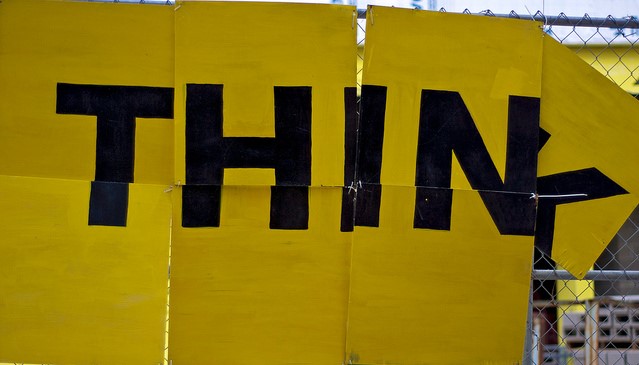
Where does Washington D.C. get its policy? For nearly a century, think tanks have churned out the research that drives the political agendas of the day. Often hiring specialists from universities, we think these organizations bring the facts to politicians who, of course, can add the spin.
But recent shakeups in the think tank world call this narrative into question. NPR reports on a controversial decision at the New America Foundation to close a project studying monopolies. Critics allege that funding from Google swayed the decision, but blatant bribery isn’t necessarily the whole story. Sociologist Thomas Medvetz traces bigger structural changes in think tank organizing over the years that make these groups more susceptible to partisan interests, because they aren’t just doing research. From the article:
[Medvetz] said think tank experts now need skills not commonly found on college campuses: “Skills that one would use in a PR firm, for example, or a lobbying firm, as an aide on Capitol Hill, as a scholar, or a journalist.”
This is a key sociological insight about organizations: when groups have to draw on a wide variety of skills and resources to survive, there is a higher chance that conflicts of interest will arise even without explicit corruption.

Comments